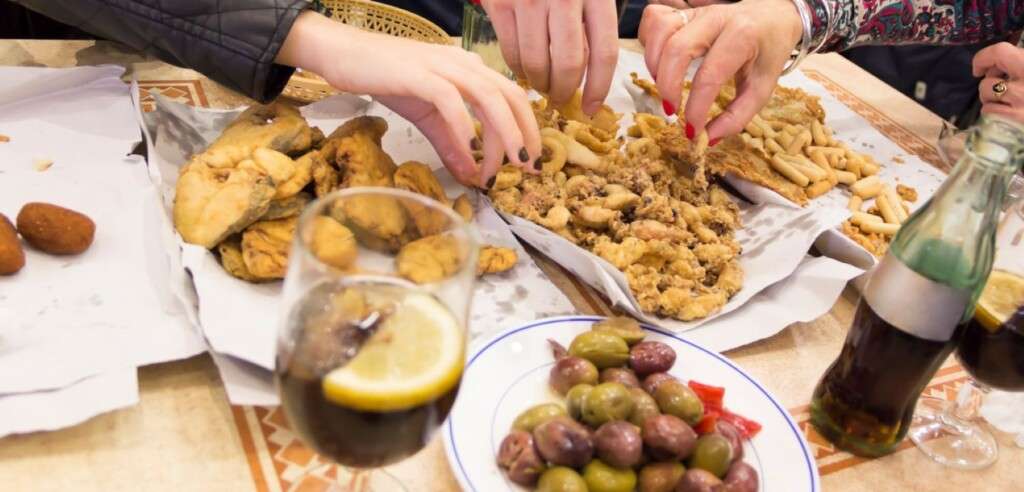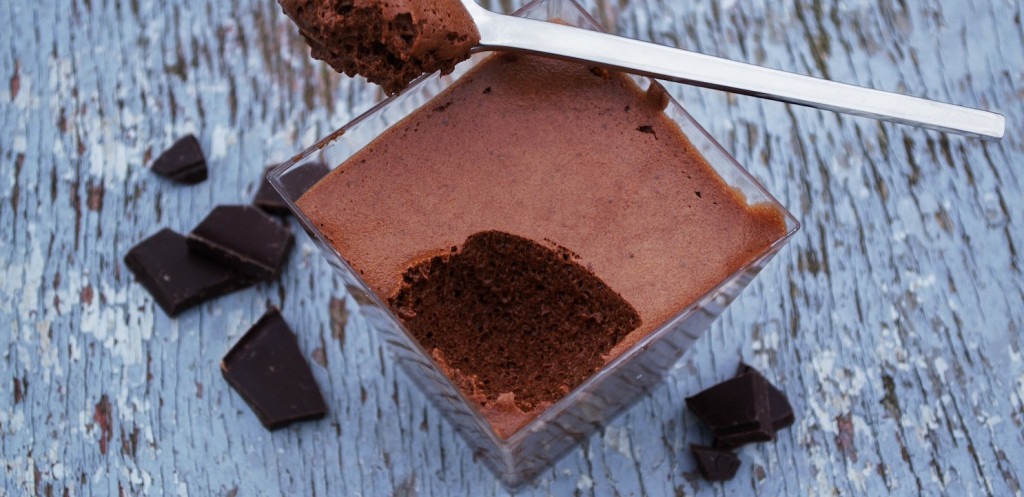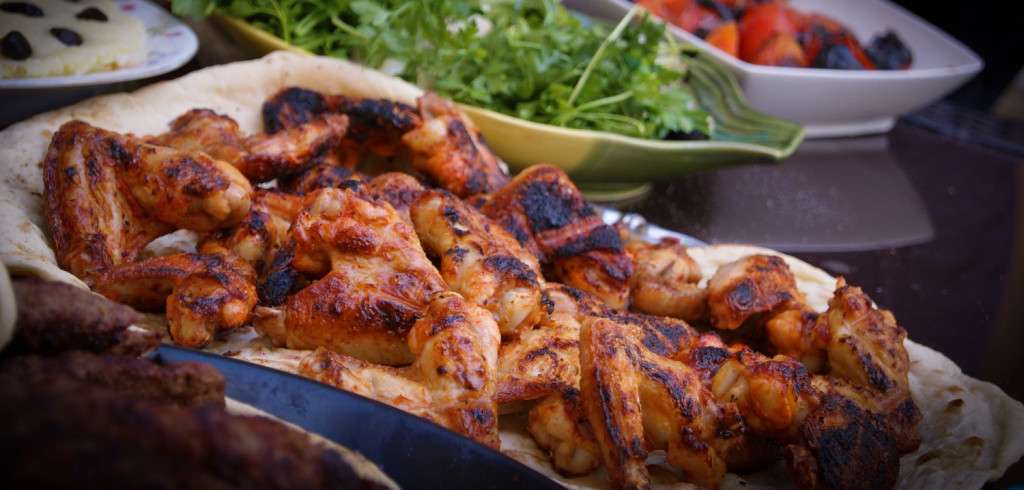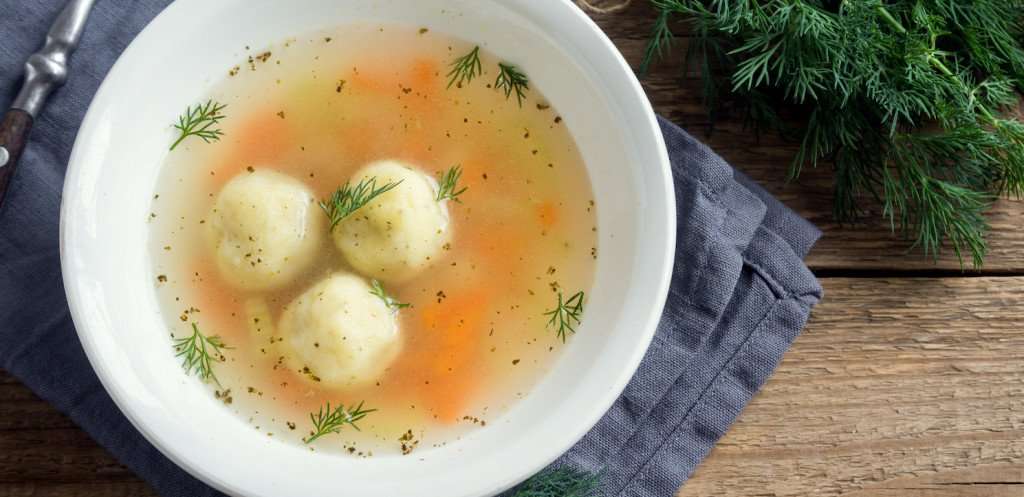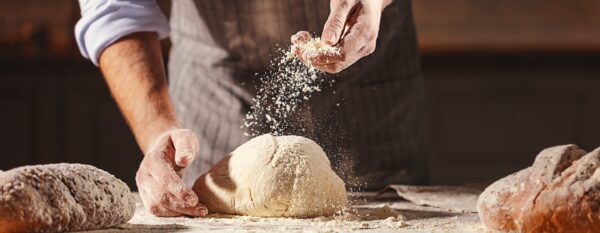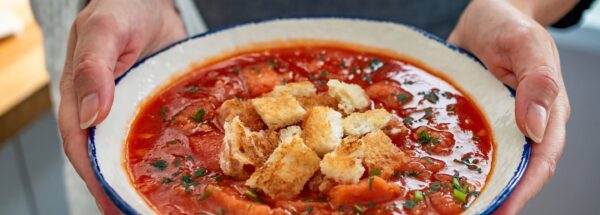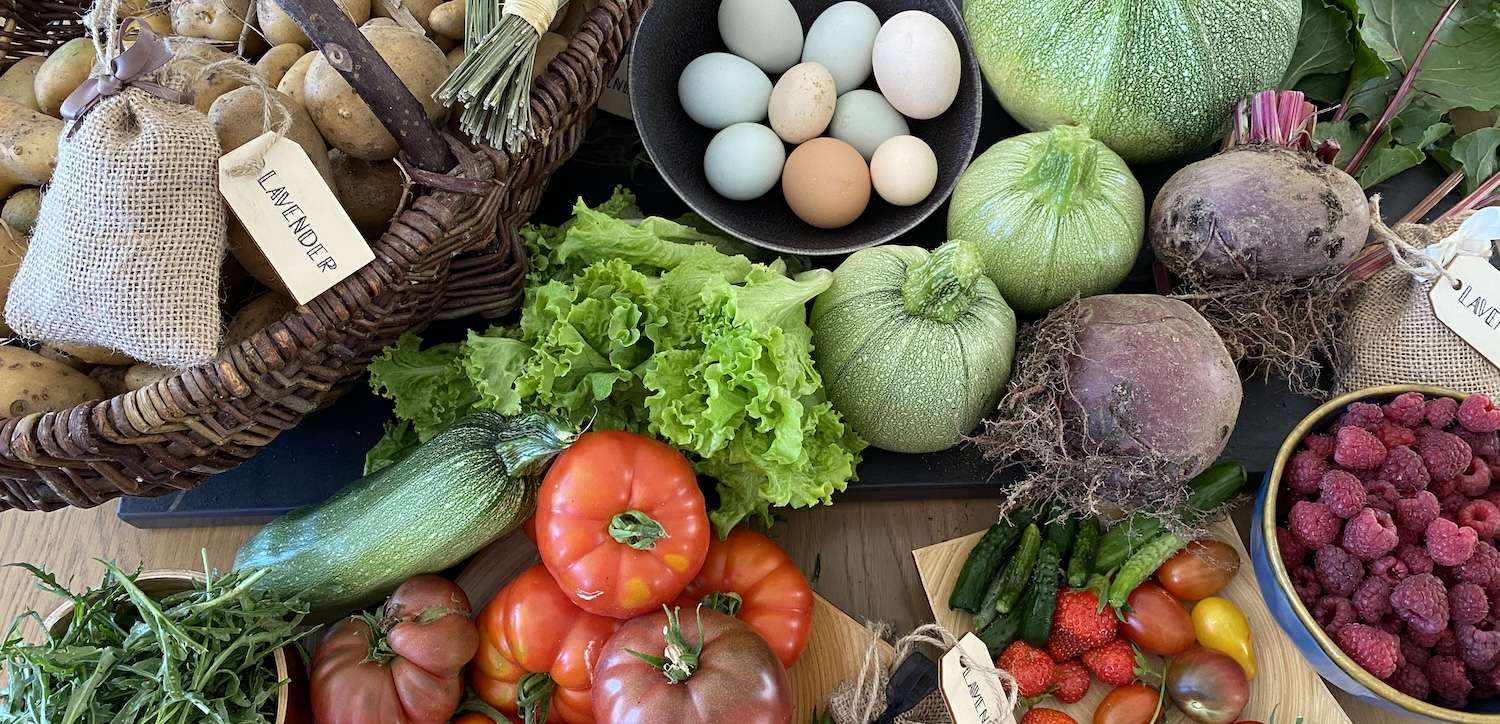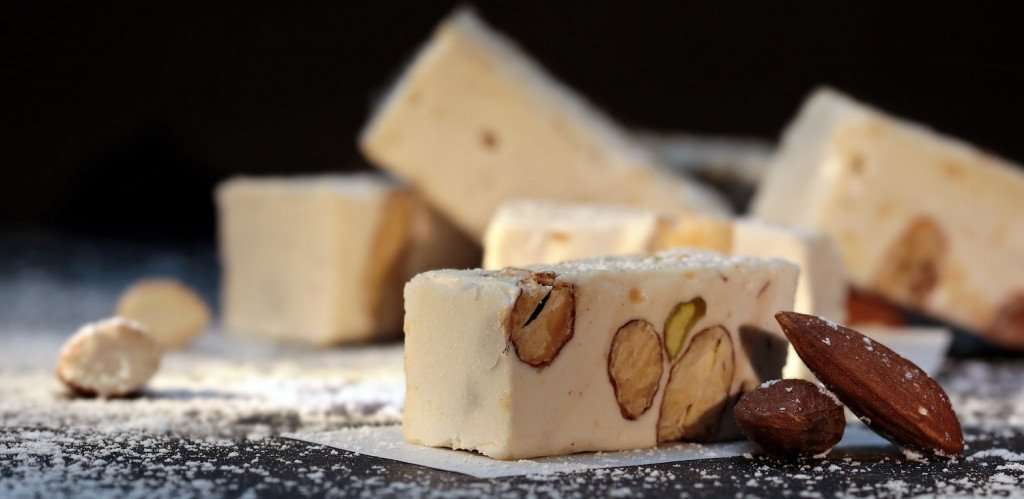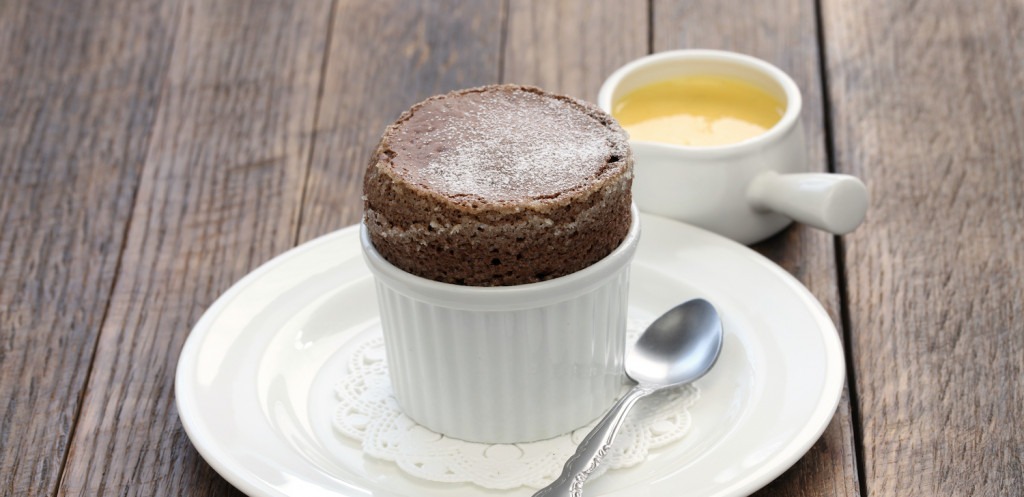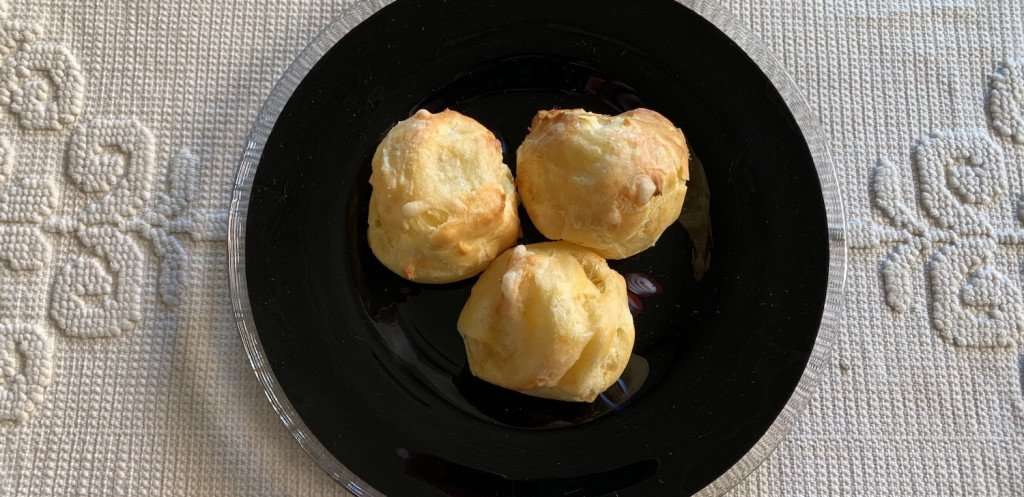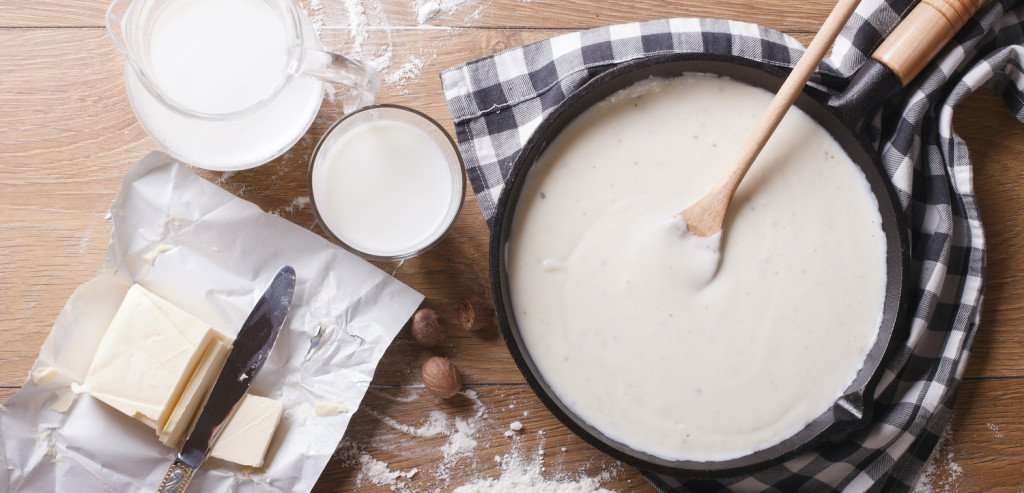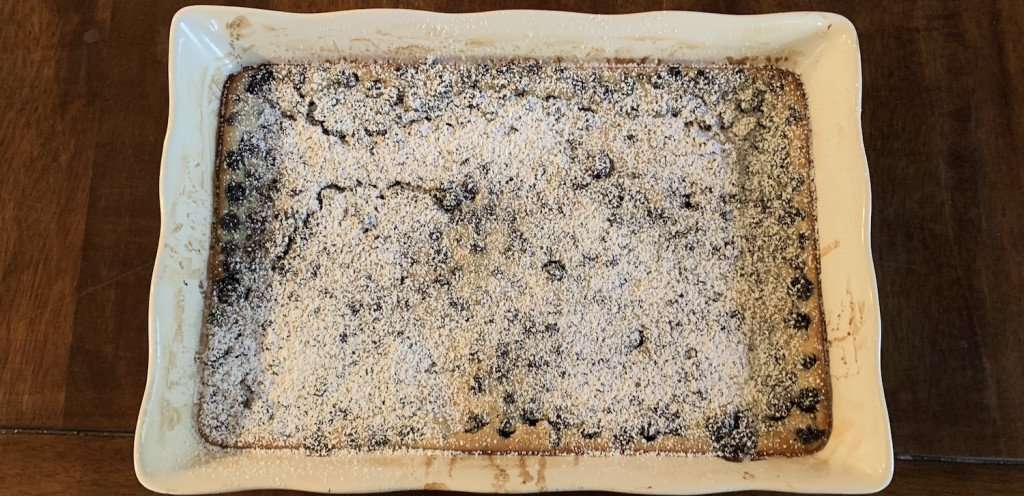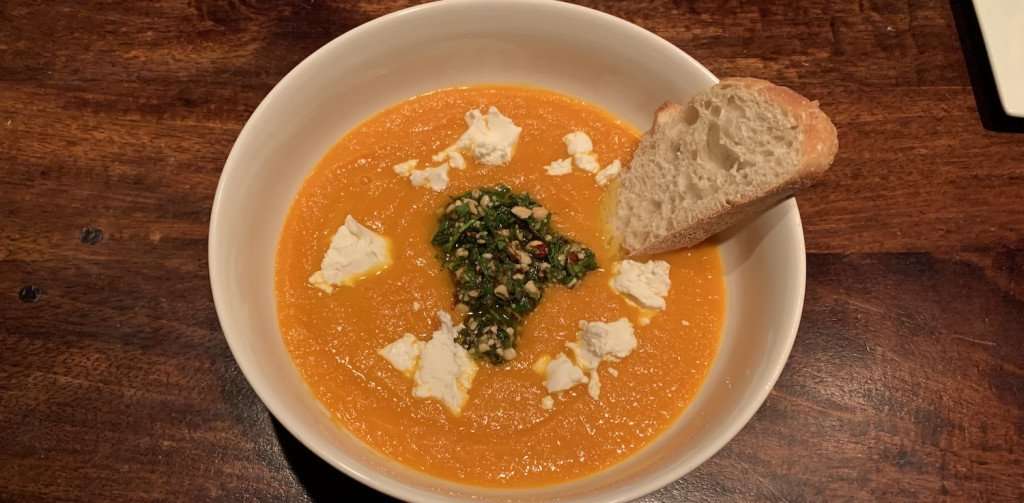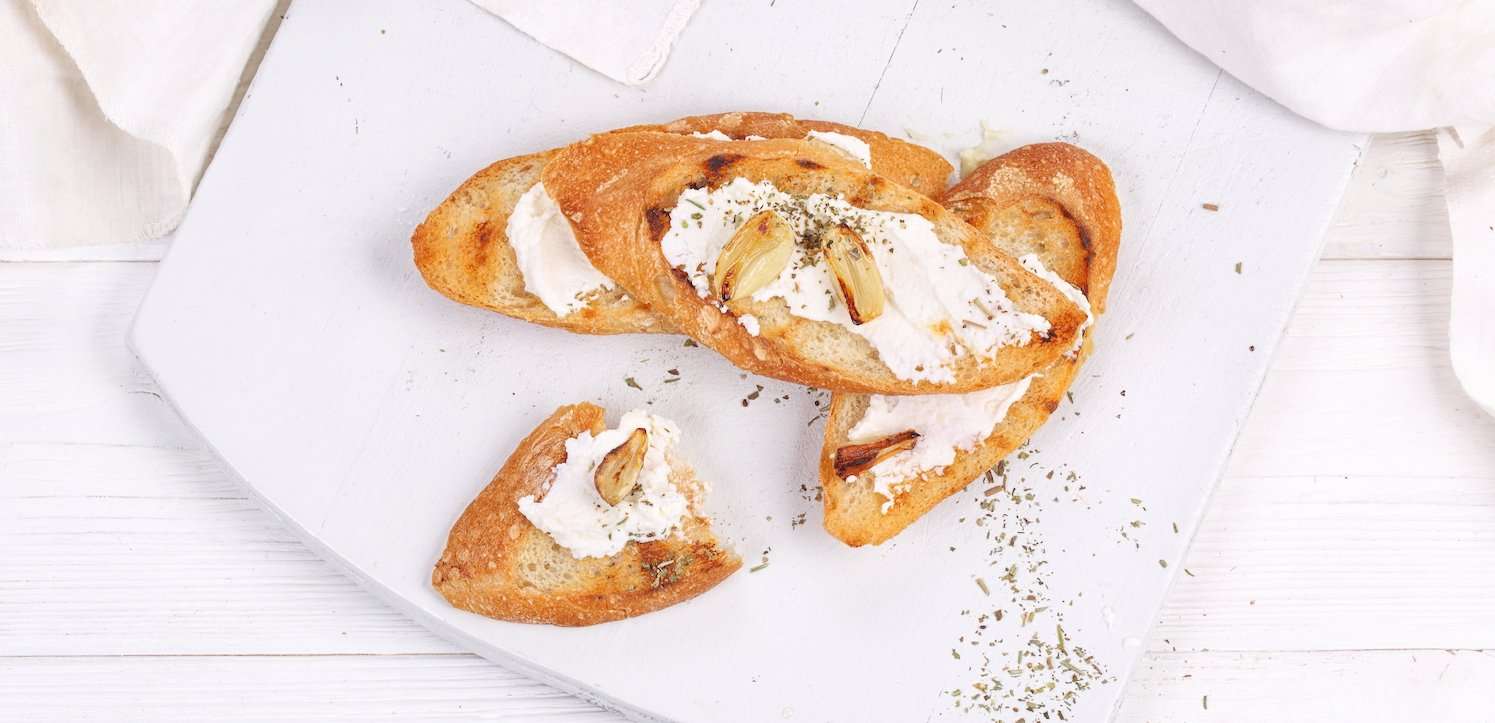
- The International Kitchen
- Blog
- The Basics of the Baguette
The Basics of the Baguette
-
-
What’s the most famous type of bread? I’m guessing for many people it’s the baguette, that quintessential part of French gastronomy, spotted tucked under the arms and in the shopping bags of French people everywhere. As one of the symbols of French cuisine and of France itself, we thought we’d delve into the history of it to see what its origins are.
 The word “baguette” means a rod, as in a baton or wand; you know, like what a conductor would use to conduct or what Harry Potter might wield. The name, it appears, was not applied to long, thin loaves of bread until 1920, but this particular shape of bread was already found in France long before then.
The word “baguette” means a rod, as in a baton or wand; you know, like what a conductor would use to conduct or what Harry Potter might wield. The name, it appears, was not applied to long, thin loaves of bread until 1920, but this particular shape of bread was already found in France long before then.
A baguette is a “lean” bread, it has no oil, just flour, water, yeast, and salt. The dough is usually left to rise in what is a called a “couche,” or a flour-saturated towel folded into rows to keep the loaves separate.
Use a baguette to make a classic Italian bruschetta.
 It is baked in a very hot “deck” oven, sometimes called a “steam” oven, in which, as the name suggests, steam is injected at the beginning of the baking process to allow the dough to expand before the crust sets. (Incidentally, if you don’t have a deck oven at home, you can recreate the effect with a pizza stone, a spray bottle, and a hot, empty pan. Peter Reinhart, one of the foremost bread bakers in the U.S., explains the process in his cookbooks, but basically it includes heating the pizza stone and empty pan in the oven, adding boiling water to the hot pan when you put the bread in, and spritzing water on the sides of the oven several times during the first few minutes of baking.)
It is baked in a very hot “deck” oven, sometimes called a “steam” oven, in which, as the name suggests, steam is injected at the beginning of the baking process to allow the dough to expand before the crust sets. (Incidentally, if you don’t have a deck oven at home, you can recreate the effect with a pizza stone, a spray bottle, and a hot, empty pan. Peter Reinhart, one of the foremost bread bakers in the U.S., explains the process in his cookbooks, but basically it includes heating the pizza stone and empty pan in the oven, adding boiling water to the hot pan when you put the bread in, and spritzing water on the sides of the oven several times during the first few minutes of baking.)
Baguettes aren’t just known for their shape, of course. They must also have a light, airy interior, and a nutty, crusty exterior. A long, thin loaf of bread without these characteristics is simply not a baguette!
Learn about Spanish “tomato bread.”
 As with most breads, there are a lot of ways to enjoy a baguette. I’m a big fan of tearing off a chunk and spreading on a bit of Dijon mustard and some cheese: any cheese, really. Adrian likes it with soup, and says it is a great bread for dipping. Richard is a purist: he prefers it with a bit of good, French butter.
As with most breads, there are a lot of ways to enjoy a baguette. I’m a big fan of tearing off a chunk and spreading on a bit of Dijon mustard and some cheese: any cheese, really. Adrian likes it with soup, and says it is a great bread for dipping. Richard is a purist: he prefers it with a bit of good, French butter.
How do you like to eat a baguette? In a sandwich? On it’s own? With jam for breakfast? Let us know in the comments or on social media.
Sign up to Receive Our Newsletter
As well as travel tips, promotions, and information on our best cooking vacations.
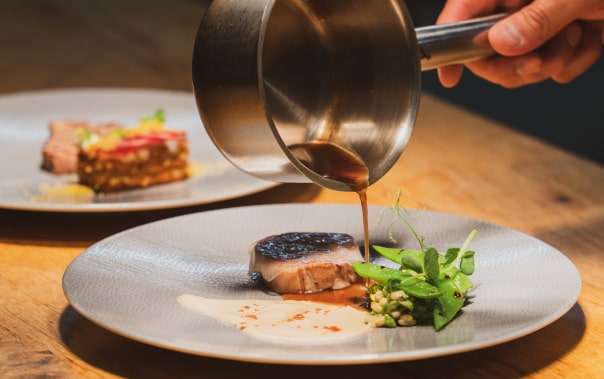
blog
Related Blog Posts
recipes




























